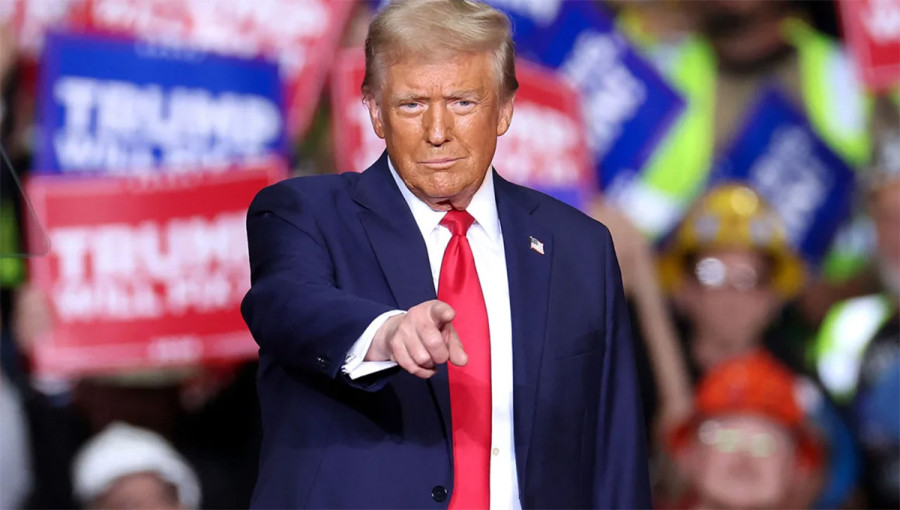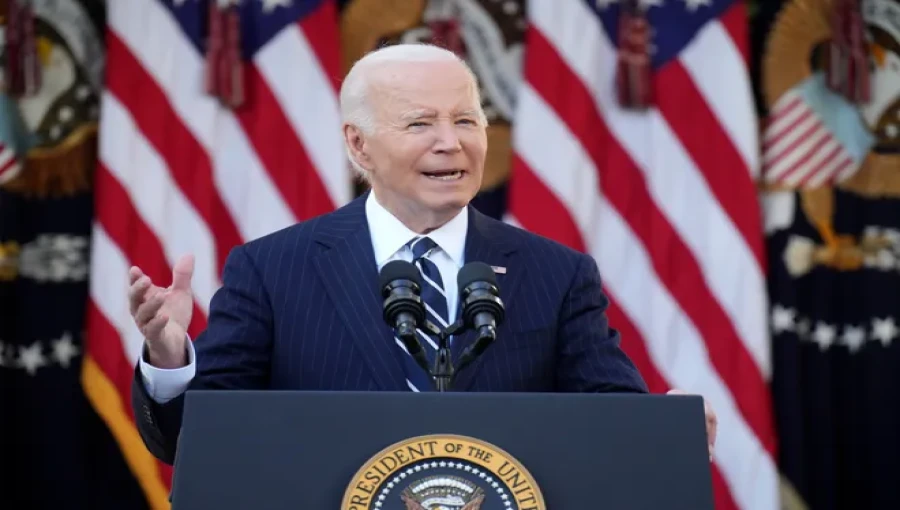Nov 13, V7N-U.S. President-elect Donald Trump's Republican Party moved closer to securing a majority in the House of Representatives on Tuesday, positioning itself to take full control of Congress. This development would enable Trump to advance his legislative agenda upon returning to the White House in January.
Republicans Near House Majority
Edison Research projected Republicans had secured at least 216 seats, just two shy of the 218 needed for a House majority. Democrats, meanwhile, have won 207 seats, with 12 races yet to be called.
Among the latest results, Republican Representative David Valadao and Democratic Representative Mike Levin, both from California, were reelected.
Senate Majority Already Secured
Republicans have already claimed control of the Senate, with at least 52 seats in the 100-member chamber. Although Edison Research has not yet declared a winner in Pennsylvania, earlier projections by other outlets suggest Republican David McCormick has defeated Democratic incumbent Bob Casey.
Despite their majority, Republicans fall short of the 60-vote filibuster threshold, meaning Democrats will retain some influence over legislative proceedings in the Senate next year.
Potential Legislative Impacts
A Republican-controlled Congress would give the party broad authority to implement its priorities, including:
- Tax and spending cuts
- Energy deregulation
- Stricter border security policies
The remaining uncalled House races, mostly in competitive districts in Western states, are being delayed by slower vote counting.
Senate Leadership Transition
Republican senators will convene on Wednesday to elect their new Senate leader for 2025. Potential successors to Senator Mitch McConnell, who is stepping down from leadership, include John Thune, John Cornyn, and Rick Scott. The decision will shape the GOP’s direction in the upper chamber for the coming term.
END/WD/RH/






























Comment: